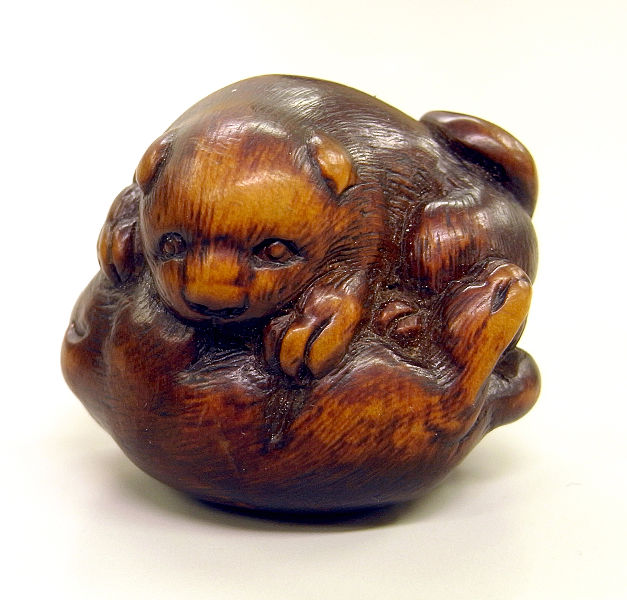Celebrating 50 Years of CITES
Celebrate 50 years of life in CITES, the highest authority on the international trade of endangered species. Highlights include protecting Earth's rarest wildlife and support from a US President.

Kew Science
🌍🌿🍄 Understanding and protecting plants and fungi for the well-being of people and the future of all life on Earth #OurFutureIsBotanic

-
We're celebrating 50 years of life in @CITES - the highest authority on the international trade of endangered species!
— Kew Science (@KewScience) March 3, 2023
There's been big moments and unusual quirks: from protecting Earth's rarest wildlife to support from a US President.
Here's a thread of our highlights 🧵👇 pic.twitter.com/FiQqx1kSeu -
CITES began in the image below, Washington D.C. 1973. National leaders from around the globe gathered to forge an agreement on the international trade of wildlife! pic.twitter.com/lRixyhgpC3
— Kew Science (@KewScience) March 3, 2023 -
This first session featured - among a huge amount of debate and discussion - input from then-US President Richard Nixon.
— Kew Science (@KewScience) March 3, 2023
"I applaud you for the challenge that is everywhere recognized as the responsibility of all nations." pic.twitter.com/7HVTb8BzxE -
From this was born an international promise - The Convention on International Trade in Endangered Species of Wild Fauna and Flora - @CITES! pic.twitter.com/UQTIWdNpF1
— Kew Science (@KewScience) March 3, 2023 -
Half a century and 19 meetings of CITES signatory countries (CITES COPs) later, it's a different world.
— Kew Science (@KewScience) March 3, 2023
Many more countries signed up to the agreement, but equally, many more challenges have been brought by a modern international trade 🌎🌍🌏 pic.twitter.com/yMk1orzWkY -
Here at Kew we go right back to CITES' early days - formally joining as the UK CITES Scientific Authority for Flora in 1976.
— Kew Science (@KewScience) March 3, 2023
Since then, our role has been to study all import and export of plants and plant-based materials into/out of the UK 🇬🇧 pic.twitter.com/FSRagId2kU -
By 1976 the rules of CITES were legislated in the UK and the trade of certain species became tightly controlled to ensure their preservation.
— Kew Science (@KewScience) March 3, 2023
The first to be added to the list (1976) include species such as the Nepal yam (D.deltoidea) and entire genera such as Euphorbia. pic.twitter.com/nfWPthprNh -
Today, this protected species number has blossomed to a total of 32,659 plant species.
— Kew Science (@KewScience) March 3, 2023
We were co-proponents of one of the most recent additions to this list - species of the genus Rhodiola, with some found in the UK! pic.twitter.com/fG3Fo2Q4vH -
Over the years, our role has been to carefully study goods moving across borders.
— Kew Science (@KewScience) March 3, 2023
The vast majority of the time, trade is CITES-compliant, but we've been involved in interventions too.
Slides from the 80's show numerous examples of species whose trade is restricted by CITES. pic.twitter.com/4LqwuTT5tu -
These particular slides, from 1988, show the confiscation of two highly prized orchids Paphiopedilum parishii and Paphiopedilum godefroyae, sent to Kew for identification.
— Kew Science (@KewScience) March 3, 2023
The two species are considered Endangered by the IUCN Red List today. pic.twitter.com/wUNFUwKYOV -
It's not just live plants either...
— Kew Science (@KewScience) March 3, 2023
Tracking and identifying timber such as rosewoods, commonly used in the production of instruments, has seen us process guitars belonging to the most high profile bands and musicians 🎸 pic.twitter.com/MFu9KiNiXs -
In the modern world, our Kew CITES team are working hard to make a difference, from championing the protection of new species year on year, to ensuring that legal, sustainable trade can go ahead wherever possible. pic.twitter.com/fRPK5pkefm
— Kew Science (@KewScience) March 3, 2023 -
For more tidbits and treasures, from wooden Japanese figures to a day-in-the-life of the Kew CITES team, take a look at our Kew & CITES 50th anniversary blog!https://t.co/X03I1ZFNEv pic.twitter.com/nlLDebkpgh
— Kew Science (@KewScience) March 3, 2023
